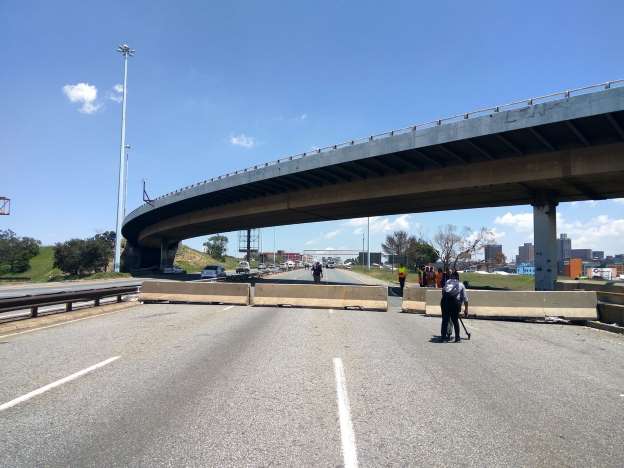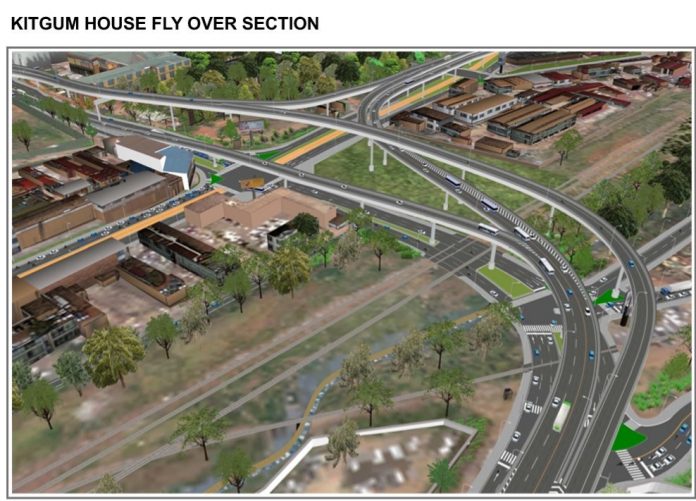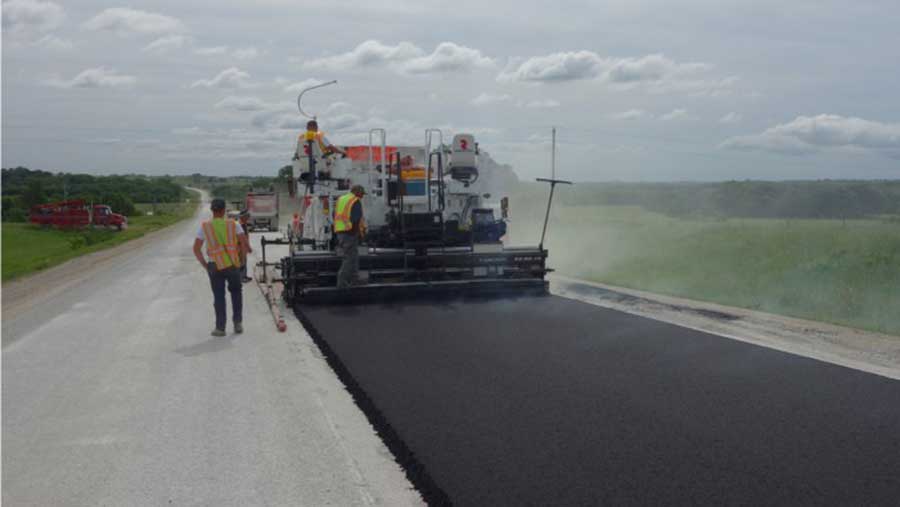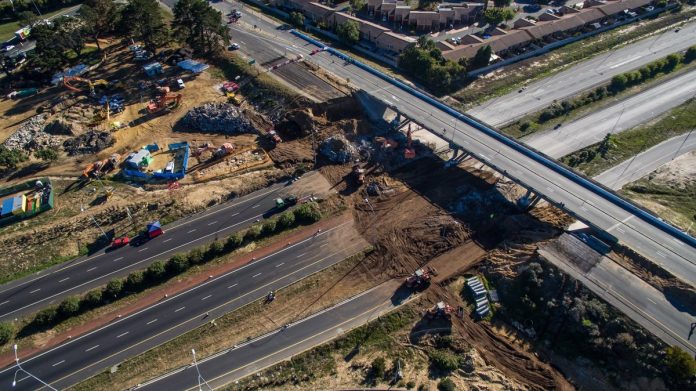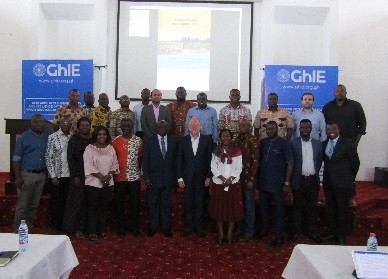
Transport Africa Research Project
stakeholders have held a conference in Accra to discuss the use of local
materials in road construction.
The UK-funded project is investigating
the sustainability and resilience of transportation infrastructure (roads and
railways) in Ghana, Tanzania and South Africa.
Professor Samuel Ampadu, the
project investigator from the Kwame Nkrumah University of Science and
Technology, said the project was investigating the use of local materials for
road construction in low trafficked rural roads.
As a non-renewable natural
resource, good-quality materials meeting all the specifications are becoming
increasingly difficult to find close to road construction projects.
Field trials in other African
countries have demonstrated that many local materials that occur naturally in
the ground, can perform satisfactorily as construction materials.
They can be used to construct
all-weather roads when they are provided with a bituminous surfacing. This
means that the existing specifications for road construction materials need to
be updated.
Using local materials provides
significant cost savings, as well as being more environmentally sustainable.
But local materials not meeting
the specifications are more sensitive to water movements into the road than
those traditionally used. Therefore, the research has to identify what
materials can be used in particular climatic conditions.
The project team had therefore installed
instruments to measure moisture changes in roads in different climatic regions
of Ghana and Tanzania and in a railway embankment in South Africa.
The sensors will be able to
detect the amount of water penetrating into the road or railbed and the changes
in the properties of materials as they become wetter and drier.
The Transport Africa project is
funded by the UK Global Challenges Research Fund. This is a £1.5 billion (GH¢
10 billion) fund from the UK Government to support cutting-edge research that
addresses the challenges faced by developing countries.
Transport Africa has received
support of £1.1 million (GH¢ 7 million). The project is led by Durham
University.
The work in Ghana is being done
by Kwame Nkrumah University of Science and Technology, with partners being
University of Pretoria, South Africa and Nyaoro & Associates in Tanzania.
“This project should also be
a catalyst for local research. We hope the Ministry of Roads and Highways will
commit funds for local research. Given the large investments the nation makes
in transport infrastructure development and maintenance, it is important that
infrastructure performs as intended and also any small savings on every project
will cumulatively become a large saving”, Prof. Ampadu said
Professor David Toll, the project
leader from the Department of Engineering at Durham University, said: “We
are very pleased to have the opportunity to present our research findings to
key stakeholders in Ghanaian government departments and companies in Accra. It
is essential that our research has practical value to Ghanaian civil engineers.
We want to see the findings being used to allow more economic all-weather road
construction that will benefit people living in rural areas.”
More news
- PART 2: CONCRETE IN THE DESIGN OF A UNIQUE LUXURY HOME IN GEORGE, SOUTH AFRICA
- PART 1: CONCRETE IN THE DESIGN OF A UNIQUE LUXURY HOME IN GEORGE, SOUTH AFRICA
- MVULE GARDENS, AFRICA’S LARGEST 3D-PRINTED AFFORDABLE HOUSING PROJECT
- PART 3: HARNESSING THE POTENTIAL OF HIGH SULPHUR FLY ASH IN CONCRETE PRODUCTION
- PART 2: HARNESSING THE POTENTIAL OF HIGH SULPHUR FLY ASH IN CONCRETE PRODUCTION

